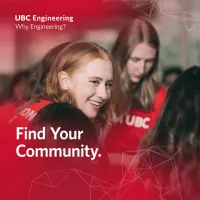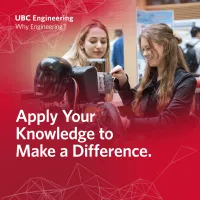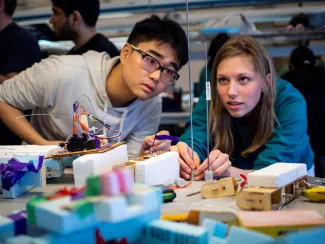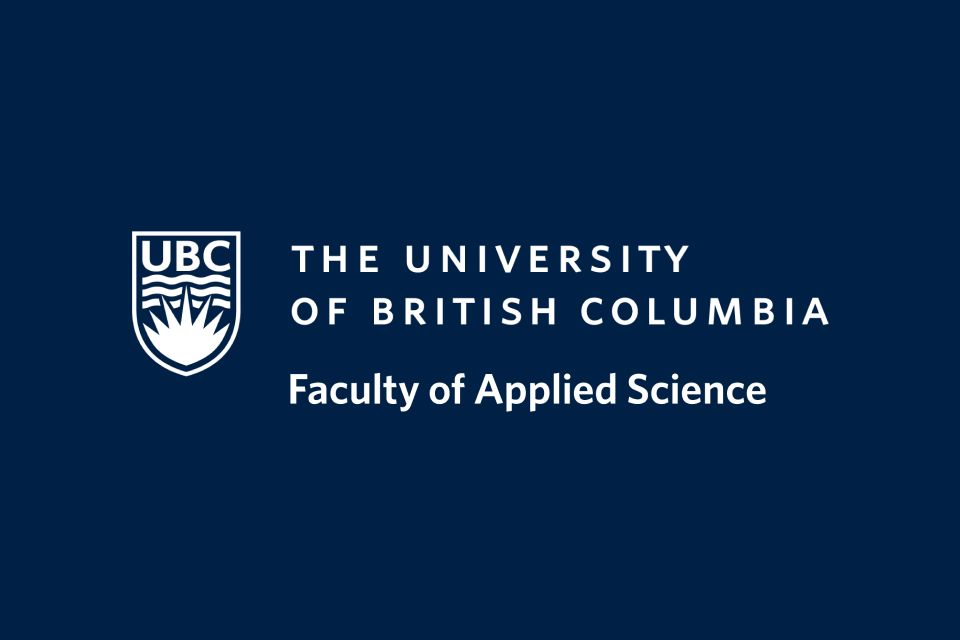"I had a real sense of pride that I was working on products that save people’s lives. That’s something that engineering instills in you: that your job is to protect the public."
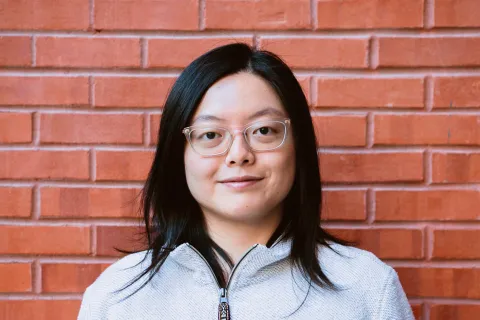
Polly Zou
- Degree:
- Bachelor of Applied Science
- Grad year: 2015
- Program:
- Campus: Vancouver
Job: Associate, McKinsey & Company
Tell us about your job.
I’m in a very non-traditional job for engineers at the moment, working as a management consultant with McKinsey & Company.
We often identify the opportunities, develop the strategies, and then execute and build the work alongside our clients. It can be very intense and very rewarding!
Management consultants provide expert advice to organizations to solve complex building problems and enhance the performance of the business. My engineering background informs my approach, allowing me to leverage analytical skills and bridge gaps between technical expertise and strategic business management. I often work with an extremely diverse group of teammates to develop bespoke solutions and I absolutely enjoy the experience of collaborating with some of the brightest minds and coolest people from around the world.

Before McKinsey, you worked at Mustang Survival on some cool products. Tell us about it!
After I graduated I worked for six years in a very traditional engineering role in product development for Mustang Survival, which engineers high-performance marine gear for a range of users from military, rescue personnel and law enforcement, to competitive sailors, professional fishers, and your average ferry-takers and ocean enthusiasts.
While I started out in manufacturing at the company, I realized a few months in that I wanted to be part of the upstream processes. I wanted to be in product development and working on lifesaving gear.
Over my time at Mustang, I was product development engineer and project manager for a large array of products, ranging from dry suits used by FEMA and fighter pilots to kids’ life jackets!
They all demanded various level of engineering vigour and care, along with a need for empathy for different user groups. One of my products, the Khimera life jacket, was nominated for a global marine industry award, and I developed the first woman-fitted dry suit line within the company and my name is on a patent for a submarine escape suit!
I had a real sense of pride that I was working on products that save people’s lives. That’s something that engineering instills in you: that your job is to protect the public.
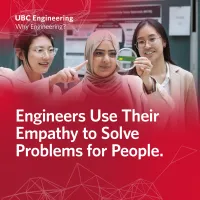
Let’s go way back: what got you interested in engineering in the first place?
I think I was a menace at home!
I loved taking things apart to see how they worked, from furniture to electronics, and wondered not just how something works, but why it’s made that way. As I got older, I realized that this aligned with engineering.
Funnily enough, my family was really pushing me to medicine, or accounting if you’d believe it, so in some ways choosing engineering was my act of rebellion!
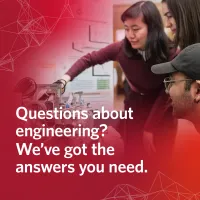
Anything else you want to share?
Engineering can be very difficult, and it can be demotivating to feel that you are struggling academically. I had a hard time in first and second year as someone who underestimated the workload and commitment needed to succeed. I had my (often lopsided) interests, but also some amazing classmates and faculty along the way to support me through the worst self-doubting moments.
Stay true to your interests and passion, seek help and support, and persevere: you have no idea how much impact you could have and the doors that engineering can open for you.
